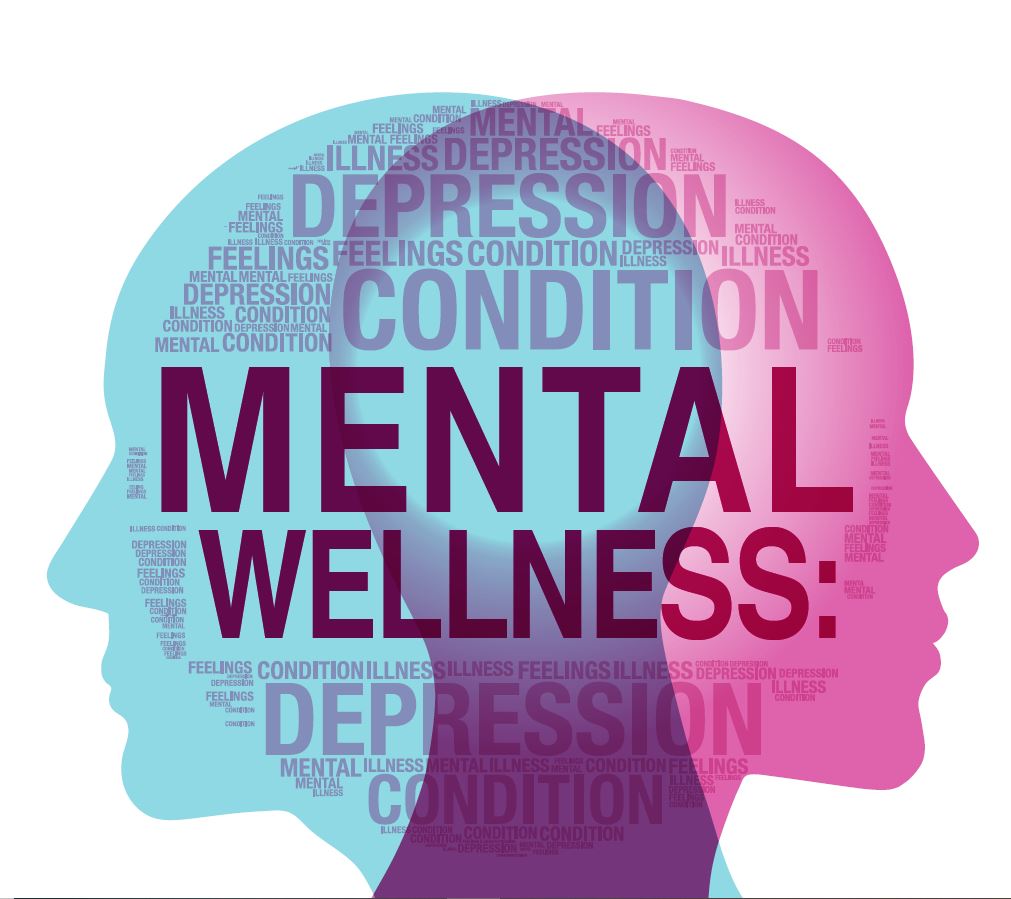Anxiety and depression are two of the most common mental health disorders affecting millions of people worldwide. Coping with these conditions can be challenging, but with the right strategies and support, it’s possible to manage symptoms and improve overall well-being. In this comprehensive guide, we’ll explore effective coping strategies for anxiety and depression, providing practical techniques to help you navigate through difficult times.

Understanding Anxiety and Depression
Anxiety and depression are complex mental health disorders that can impact various aspects of a person’s life. Anxiety is characterized by excessive worry, fear, and apprehension, often accompanied by physical symptoms such as restlessness, tension, and rapid heartbeat. Depression, on the other hand, involves persistent feelings of sadness, hopelessness, and loss of interest or pleasure in activities once enjoyed. Both conditions can significantly impair daily functioning and quality of life if left untreated.
Coping Strategies for Anxiety and Depression
While seeking professional help from therapists or psychiatrists is essential for managing anxiety and depression, there are also many self-care strategies and coping techniques that individuals can incorporate into their daily lives. Here are some effective coping strategies:
- Mindfulness Meditation: Mindfulness meditation is a powerful technique for reducing anxiety and depression symptoms by promoting relaxation and present-moment awareness. By focusing on your breath or bodily sensations, you can learn to observe and accept your thoughts and feelings without judgment.
- Deep Breathing Exercises: Deep breathing exercises can help calm the nervous system and alleviate symptoms of anxiety and depression. Practice slow, deep breaths, filling your abdomen with air and exhaling slowly through your nose. This simple technique can be done anywhere, anytime, and can provide immediate relief during moments of distress.
- Regular Exercise: Exercise is not only beneficial for physical health but also plays a crucial role in mental well-being. Engaging in regular physical activity, such as walking, jogging, or yoga, can help reduce symptoms of anxiety and depression by releasing endorphins, the body’s natural mood elevators.
- Healthy Lifestyle Habits: Maintaining a healthy lifestyle can support mental health. Make sure to prioritize adequate sleep, nutritious meals, and regular hydration. Limiting caffeine and alcohol consumption can also help reduce anxiety and depression symptoms.
- Social Support: Seek support from friends, family members, or support groups. Talking about your feelings and experiences with trusted individuals can provide validation, perspective, and emotional support. Don’t hesitate to reach out for help when you need it.
- Cognitive Behavioral Therapy (CBT): Consider seeking therapy from a licensed mental health professional who specializes in cognitive-behavioral therapy (CBT). CBT is a highly effective treatment for anxiety and depression that helps individuals identify and change negative thought patterns and behaviors.

In conclusion, coping with anxiety and depression requires a multifaceted approach that addresses both the physical and emotional aspects of these conditions. By incorporating mindfulness meditation, deep breathing exercises, regular exercise, healthy lifestyle habits, social support, and therapy into your routine, you can develop effective coping strategies to manage symptoms and improve overall well-being. Remember that it’s okay to ask for help and that you’re not alone in your journey towards mental wellness.
Keywords: coping strategies for anxiety, coping techniques for depression, managing anxiety symptoms, dealing with depression, anxiety relief techniques, depression coping skills.
Also Read:
- Mindfulness Meditation for Beginners: A Step-by-Step Guide to Inner Peace
- Mastering Stress: Effective Techniques for Americans to Find Balance
- A Comprehensive Guide to Carbohydrates, Proteins, and Fats : Demystifying Macronutrients
- Embracing Plant Based Living: Tips and Delicious Recipes for a Vibrant Diet
- Unveiling the Power of Superfoods: Health Benefits and Easy Ways to Incorporate Them into Your Diet
- 10 Healthy Meal Prep Ideas and Recipes for Busy Lifestyles
- Mastering Mindful Eating: Tips and Practices for a Healthier Relationship with Food
- Navigating Nutrition for Better Health: Tailoring Your Diet to Specific Health Conditions
- Smart Shopping: Budget-Friendly Tips for Grocery Shopping

